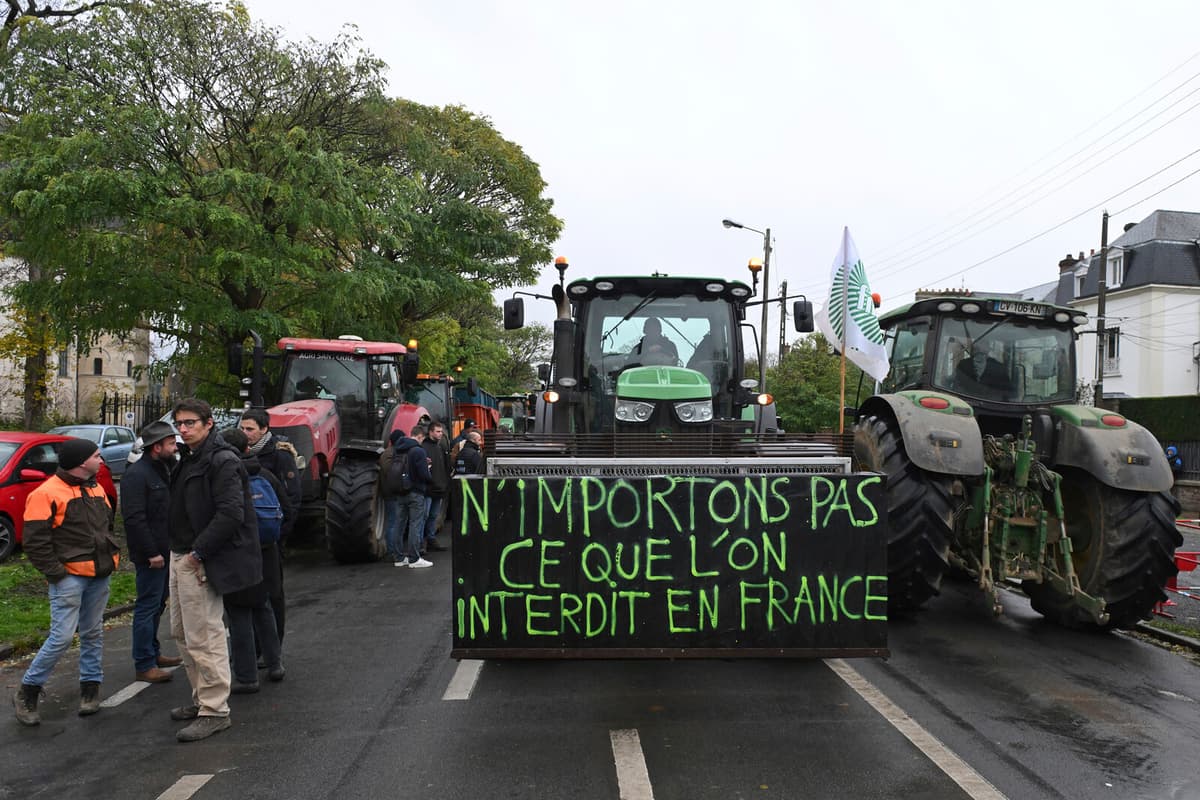After finalizing in just over half a year, the commission is now presenting its formal proposals for the trade agreement with the Mercosur countries in South America that was finally fully negotiated last winter.
–It will be the EU's largest trade agreement to date. It is a crucial step for the EU's global influence, says Foreign Minister Kaja Kallas at a press conference in Brussels.
–We expect savings of over four billion euros per year for our exporters, adds Trade Commissioner Maros Sefcovic.
More exports
The Commission expects that lower tariffs and quotas will increase the annual export to Brazil, Argentina, Paraguay, and Uruguay by almost 40 percent in general and around 50 percent when it comes to agricultural products.
Agriculture is at the same time one of the major issues of contention surrounding the agreement. Large meat-producing EU countries such as France and Ireland are skeptical and strongly concerned about increased imports of cheap meat from Mercosur.
Not least in France, the opposition to the agreement is almost total, in all political groups. There is also strong criticism within the environmental movement.
Difficult to agree?
Hard struggles are now expected in both the EU's Council of Ministers and the EU Parliament to achieve sufficient majorities for the agreement to enter into force provisionally.
Angry French farmers are already getting ready with their tractors.
"Deeply damaging and yet another negative signal", writes the European producer organization Copa-Cogeca in a statement.
The EU Commission is already trying to preempt the meat war with promises of extra vigilance when it comes to agricultural imports.
–Not all meat will arrive in France, promises one of the officials behind the agreement at a press briefing in Brussels.
In parallel, the EU Commission is also proposing the approval of the EU's modernized trade agreement with Mexico.
Wiktor Nummelin/TT
Facts: Mercosur agreement
TT
The EU and the Mercosur countries - Brazil, Uruguay, Argentina, and Paraguay - have been negotiating a free trade agreement since 1999.
A preliminary agreement was reached in 2019 and has been filled with new commitments, including the incorporation of the Paris Agreement into the agreement.
An interim agreement has now been presented for approval by the EU's Council of Ministers (where at least two-thirds of the member states must say yes) and the EU Parliament (with support from at least a majority of members). For a full entry into force, the agreement must then be ratified by all national parliaments in the EU. Bolivia has also been part of Mercosur since last year, but needs to conduct additional negotiations with the EU if it wants to be covered by the agreement.






